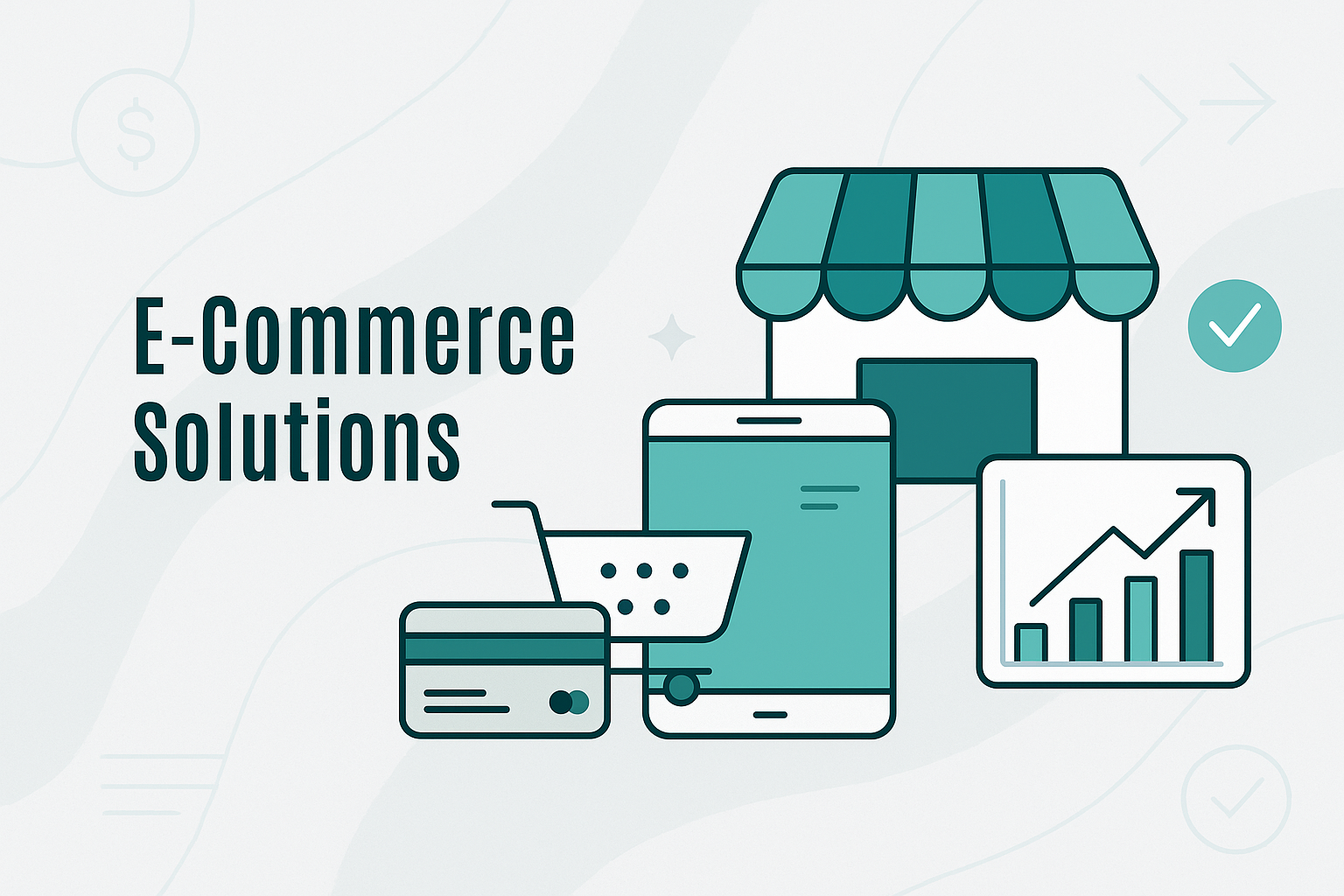

+60 Solutions Delivered
Turning bold ideas into reliable software — crafted with precision, innovation, and a touch of nerdy magic.
+40 Satisfied Clients
Building lasting partnerships with clients who trust us to deliver quality, scalability, and excellence every time.
Building Reliable Software That Actually Runs Your Business
Nerdware is a software house delivering tailored web, mobile, and management systems designed to solve real operational problems. We build scalable platforms, clean architectures, and systems that are meant to last—not demos, not shortcuts.
A Software House Focused on Systems That Work
Nerdware is a Cairo-based software house delivering custom web platforms, mobile applications, and business management systems. We focus on building stable, scalable solutions that support daily operations, growth, and long-term use—not one-off projects.

Nerdware IT Solutions

Built for Real Business Operations
Our solutions are designed around real workflows, clear requirements, and structured delivery. From ERPs and CRMs to mobile apps and SaaS platforms, we build systems that teams can rely on every day.
Contact UsSolutions We Offer
Fuel Your Growth with Precision-Driven Solutions Designed to Propel Your Business Forward
At Nerdware, web development is more than code. It’s about crafting fast, secure, and scalable platforms that fuel your growth. From dynamic business ...
Know More We create custom apps tailored to your goals. Whether it’s a consumer app to engage users, a business app to streamline operations, or a multi-platfor...
Know More At Nerdware, we don’t just build online stores — we create shopping experiences that convert clicks into customers. Whether you’re a boutique brand or...
Know More We craft tailored systems that take the chaos out of operations. With the right dashboards, reports, and integrations, you can track resources, projec...
Know More We design CRMs that fit your business processes, not the other way around. From lead management to advanced analytics, our nerdy precision ensures you...
Know More Crafted Services for a Digital World
View all servicesEvery great design begins with a
great story.
great story.
Our previous work speaks for itself — from developing powerful management systems to crafting custom software that drives real results. We've partnered with businesses across industries to deliver smart, scalable solutions




.png&w=384&q=75)









.png&w=828&q=75)











